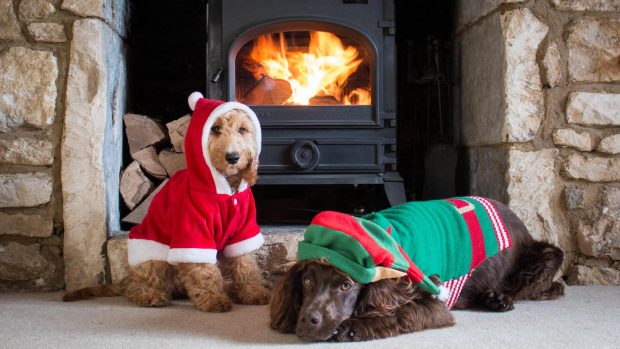The Dogs Trust (formerly the National Canine Defence League) has reported a drop in both the number of strays put to sleep by local authorities and in the total number of strays found across the UK since 2002.
An estimated 111,016 strays were found on the streets this year compared with 117,564 in 2002: a drop of 6%.
The 22% fall in the number of strays put to sleep by local authorities leaves the number of destructions in 2003 at 10,149, compared with 12,932 in 2002 and 21,360 in 1999.
“This is encouraging news, but the fact that 10,000 healthy dogs a year are still being put down under the Environment Act is shocking,” says Clarissa Baldwin, Dogs Trust Chief Executive.
“The Dogs Trust is hell bent on getting the number of healthy dogs put down each year to zero.
“I remember seeing a government statistic in 1976 which put the number of stray dogs at a million so the situation is getting better. All the charities are working together for responsible ownership.
“The Dogs Trust slogan, ‘A dog is for life, not just for Christmas’, is as poignant today as it was 20 years ago. People should think very carefully before taking on a dog, as it is like having another member of the family. Dogs are not disposable items, like a video or dishwasher; they are living, sentient beings with feelings, who rely on their owners.”
The Dogs Trust has received 100 to 150 phone calls this year from people whose dogs have been lost or stolen. “One worrying possibility is that the rare or fashionable dogs are being stolen to order, either for breeding or for a reward,’ says Ms Baldwin. “There are welfare implications when dogs are stolen too, for example my dog has to have pills every day and without them his whole attitude changes.”
Jennifer Blaber, spokesperson for Dogs Trust, commented: “We aim to promote responsible pet ownership through neutering and microchipping, which offers a permanent identification method.
“Dogs that are found by local authorities without any identification are taken to the local pound and owners have seven days to claim their pets. After that time they become the property of the local council, and while they do try to get the dogs to a re-homing centre there is not room for them all, so some are put to sleep.”
The UK’s largest dog welfare charity has carried out its work under the NCDL banner for 110 years, but the idea is that the Dogs Trust name is both more memorable and more up to date, which would reflect the charity’s work today.
Ms Blaber also added: “A large number of people became confused by the word canine and thought our work was for cats, not dogs. The word ‘Dogs’ says what we do, while ‘Trust’ means charity and asks the public to trust in us, as well as saying dogs trust people.”



